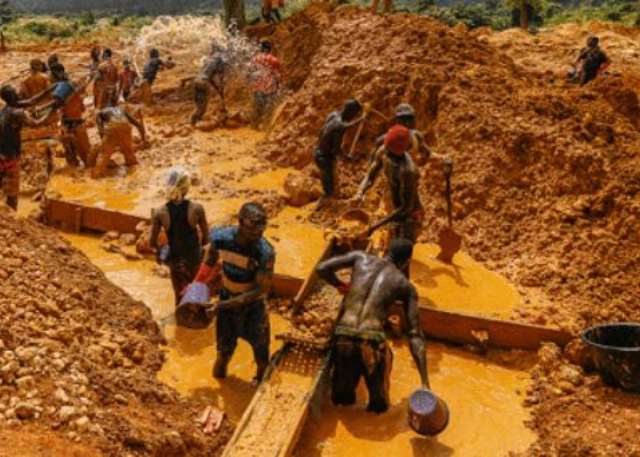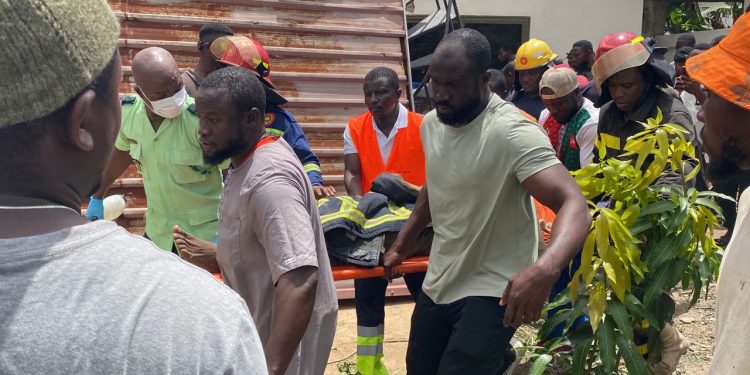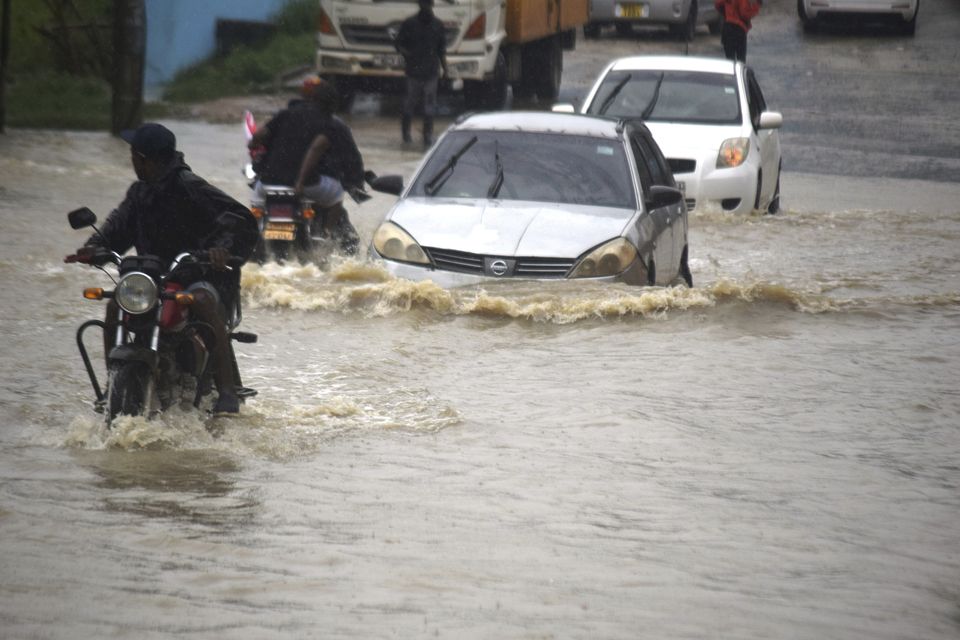A comprehensive five-year national security risk assessment has identified the Volta and Greater Accra regions as the only areas in Ghana free from illegal mining, or galamsey, a practice that continues to pose severe environmental and security challenges across much of the country.
Speaking on Channel One TV on Saturday, security analyst Richard Kumadoe said the findings expose the entrenched nature of illicit mining operations in six of Ghana’s original ten regions. Two additional regions show only minimal levels of unauthorized mining activity, though those, too, remain under scrutiny.
“In terms of scale, galamsey is now aggressively taking place in more than half of the original regions,” Kumadoe said. “Volta and Greater Accra stand out as the only ones where these activities are effectively absent.”
The findings come amid a ramped-up national crackdown on illegal mining through the government’s recently activated National Anti-Illegal Mining Operations Task Force (NAIMOS). According to Kumadoe, the task force is taking an aggressive and coordinated approach aimed at disrupting illegal mining networks, securing vulnerable sites, and curbing future operations.
“The task force has three key objectives: disrupt illegal mining activity, prevent access to mining sites, and suppress the continuation of these operations,” Kumadoe noted. “They’ve already issued warnings and begun enforcing penalties, which marks a significant step forward.”
Environmental degradation from galamsey has drawn growing concern among policymakers, civil society, and international observers. Rivers have been heavily polluted, forests razed, and local communities displaced. The involvement of both Ghanaian and foreign nationals—often operating with impunity—has further complicated enforcement efforts.
Despite the renewed enforcement push, critics say government action has historically fallen short. The Trades Union Congress (TUC), Ghana’s largest labor body, issued a statement over the weekend pledging to ramp up pressure on authorities to act more decisively.
“The fight against galamsey is the government’s responsibility,” a TUC spokesperson said. “We’ve had enough of dialogue and roundtables. What we need now is urgent, concrete action.”
The union plans to unveil new initiatives in the coming weeks aimed at holding government agencies accountable for their role in the crisis. According to the TUC, previous stakeholder engagements—including discussions with civil society organizations—have failed to yield lasting results.
“Galamsey must stop,” the spokesperson added. “The leadership of TUC will convene following its ongoing nationwide tour to finalize a strategy that ensures real consequences for inaction.”
The persistence of illegal mining threatens not only Ghana’s natural resources but also investor confidence in the country’s regulated mining sector. Analysts say that without sustained enforcement and political will, gains made by NAIMOS and others could quickly unravel.













